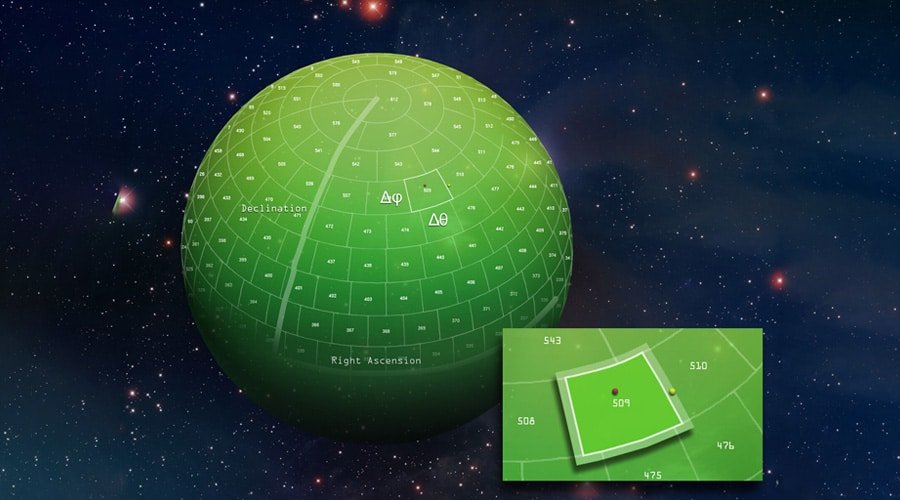Source – https://www.analyticsinsight.net/
Data science is diligently being used in the field of astronomy and here’s how-
Use of data science in astronomy can be largely found in the concept of data-driven astronomy (DDA). It is the production of astronomical knowledge based on archival data sets. DDA is similar to industrial data science in a way that the data sets are not taken with the experiment in mind, but rather are a byproduct of other processes or investigations. Successful DDA needs to be quite close to the data and often involves working closely with instrument and survey specialists.
To further understand the impact of data science on astronomy, one must go through the famous Galaxy Zoo project from 2007. Kevin Schawinski, an astrophysicist at Oxford University, had the task to classify 900,000 images of galaxies gathered by the Sloan Digital Sky Survey for a period of 7 years. He had to look at every single image and note whether the galaxy was elliptical or spiral and if it was spinning. The task seems like a pretty trivial one. However, the huge amount of data made it almost impossible. Because, according to the estimations, one person had to work 24/7 for 3-5 years in order to complete it. So, Schawinski and his colleague Chris Lintott came up with a better idea. This is where they decided to apply the technique of data science to analyze those images.
Currently, researchers are involved with specific projects including large empirical and simulation data sets: spacecraft imaging data from solar system missions, spacecraft survey data for exoplanets, sky surveys at radio, infrared, and optical wavelengths, data sets from gravitational wave detectors, and cosmological simulations of large-scale structures in the universe. These data sets will provide attractive contexts for learning and applying modern analysis methods.
